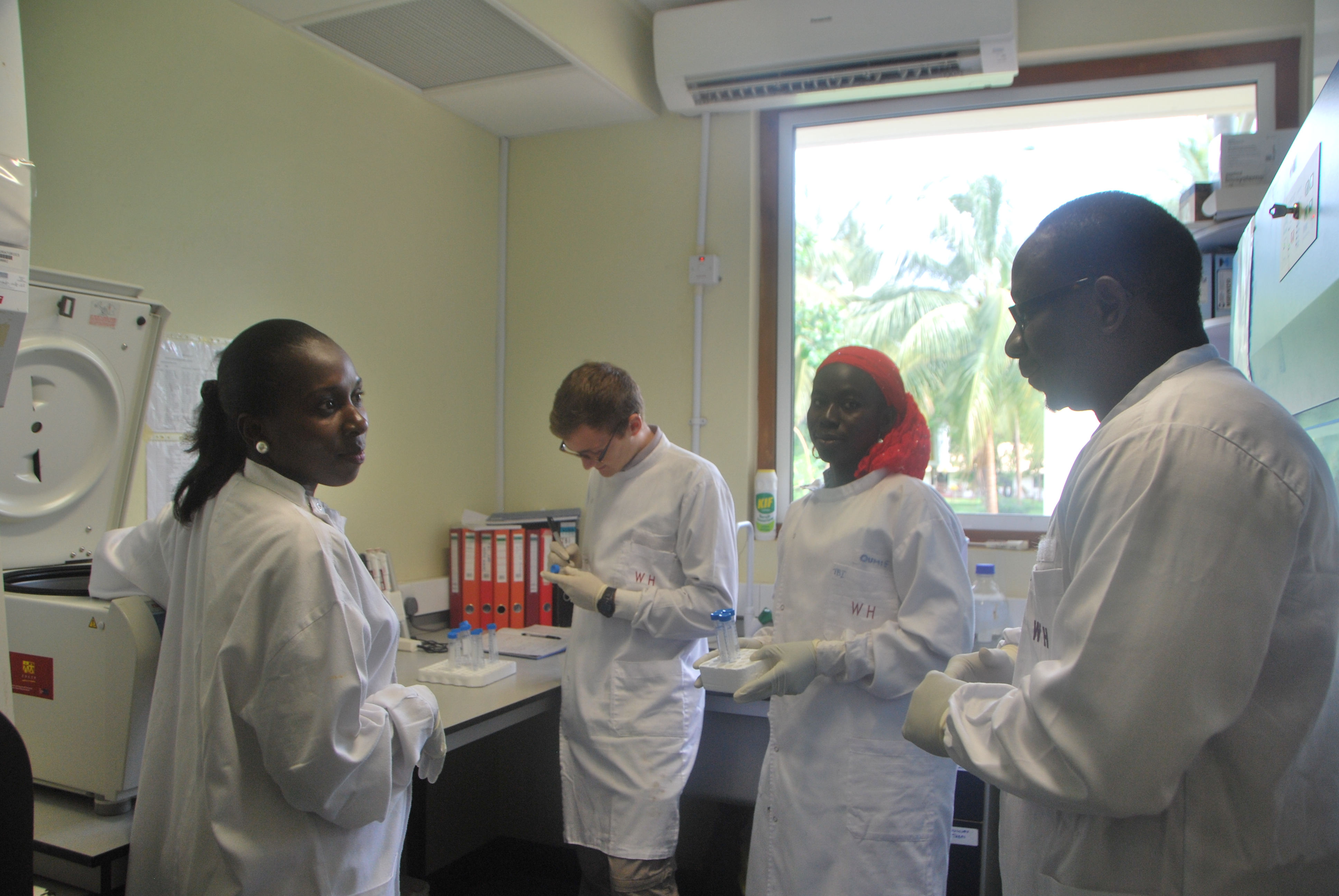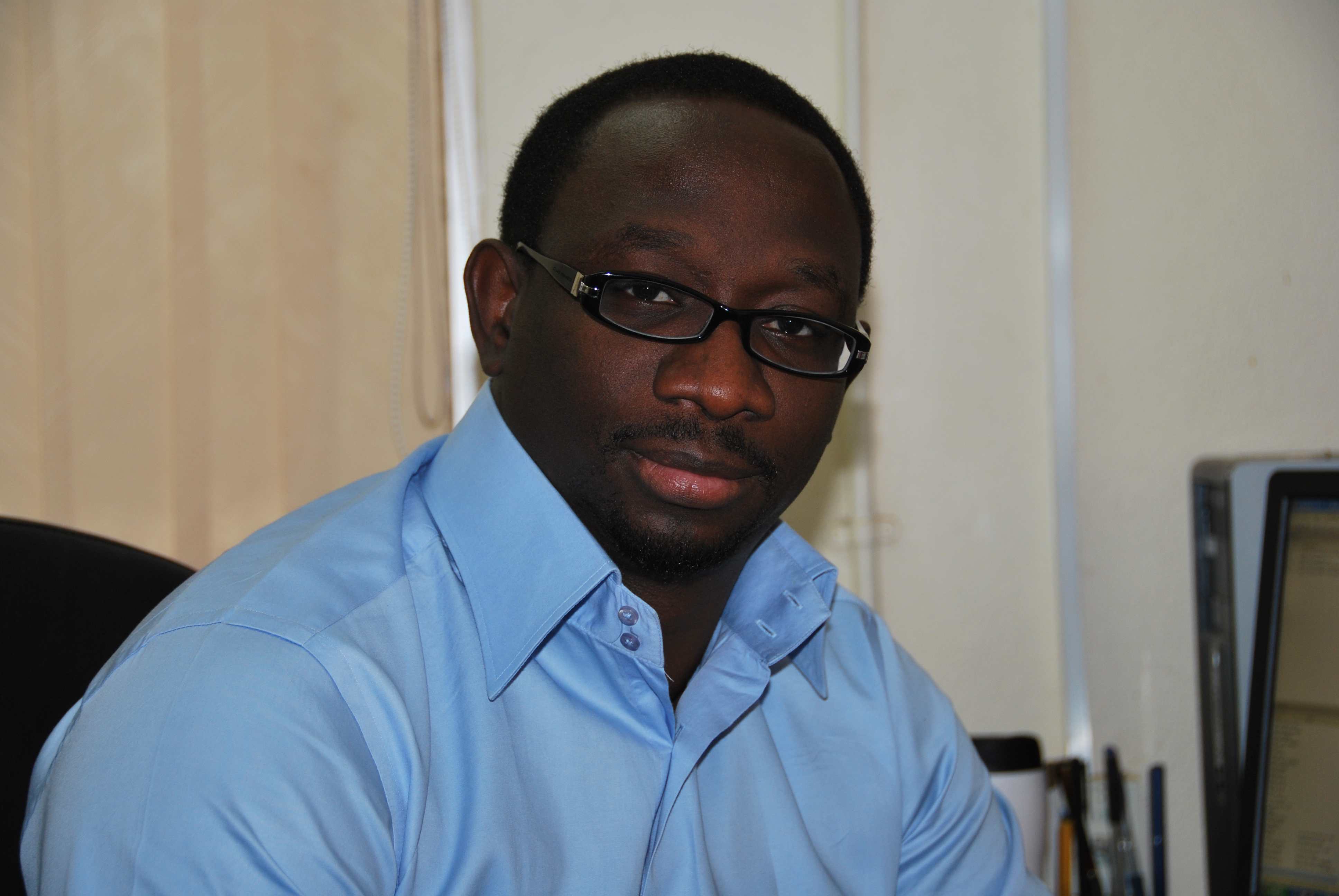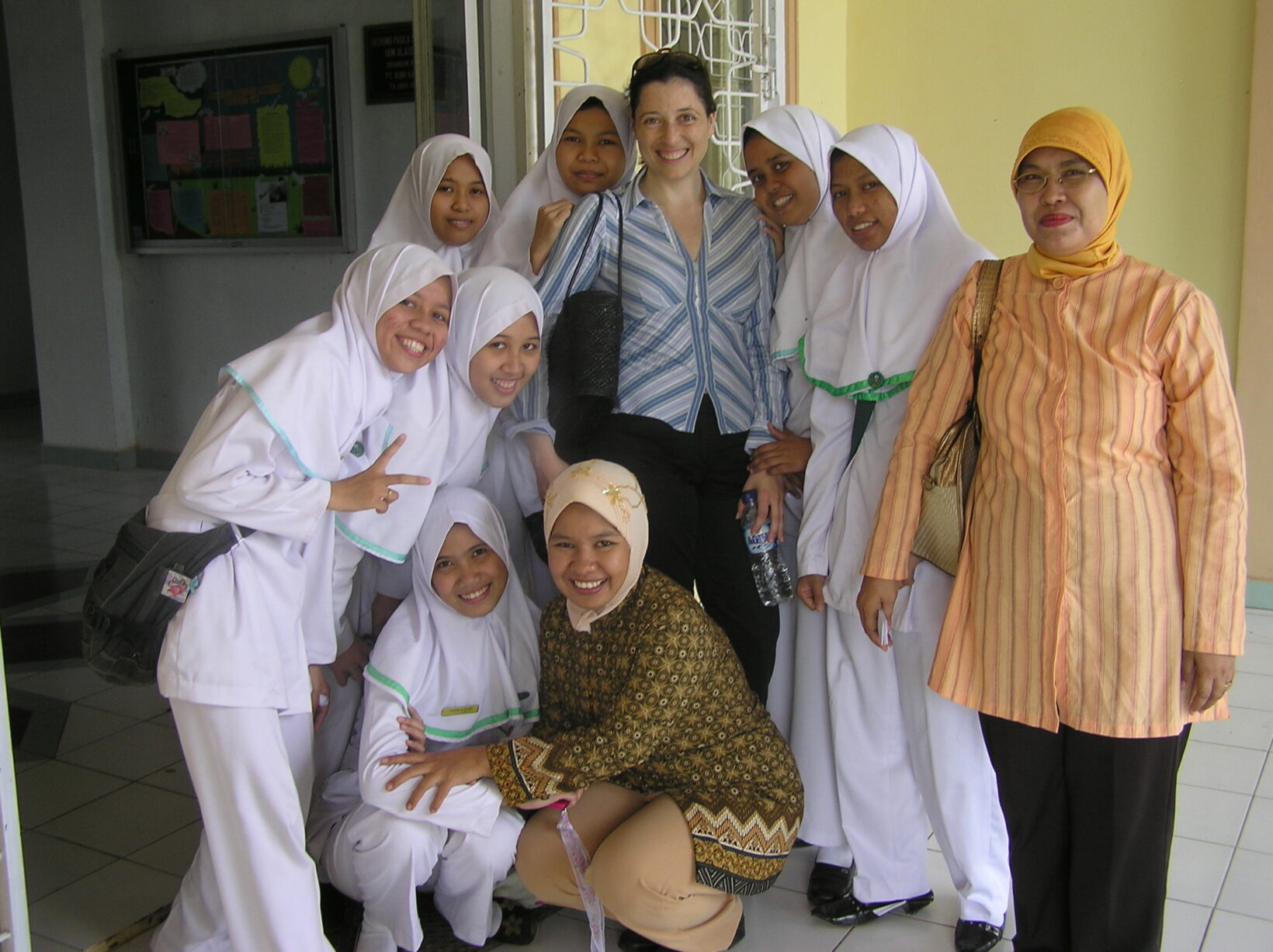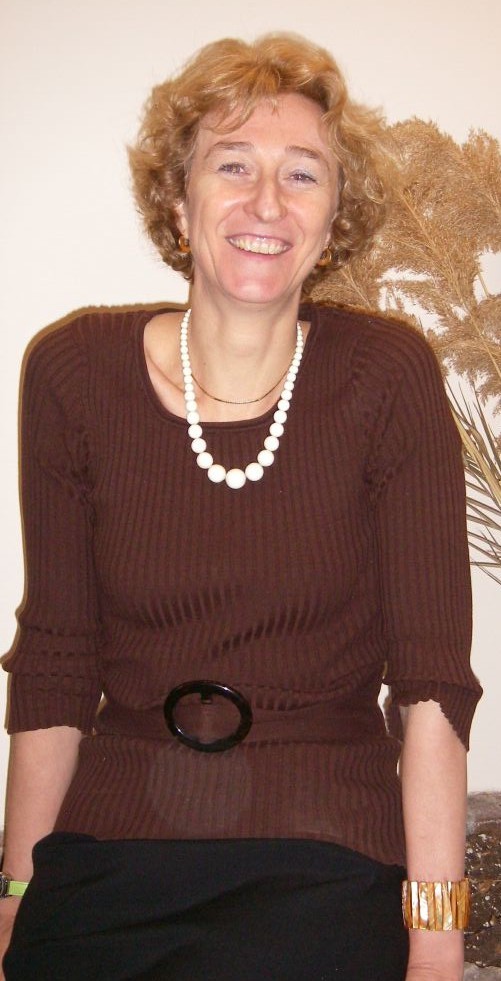 Last week, Grand Challenges Canada announced a CDN $2 million investment in 20 Canadian innovations to address persistent challenges in women’s and children’s health in low- and middle-income countries.
Last week, Grand Challenges Canada announced a CDN $2 million investment in 20 Canadian innovations to address persistent challenges in women’s and children’s health in low- and middle-income countries.
Hatched in Canadian institutions from coast-to-coast, the bold ideas embrace a range of creative solutions to save and improve lives of some of the world’s poorest and most vulnerable women and children across Africa, Asia, and the Caribbean.
Part of the ninth round of funding of the Stars in Global Health Project, each selected project will receive seed grants of approximately CDN $100,000 to develop and test their innovations, funded by Grand Challenges Canada with the financial support of the Government of Canada provided through Global Affairs Canada.
The three selected McGill University projects are the following:

Improving the diagnosis of childhood tuberculosis in high burden settings
An estimated 1 million cases of tuberculosis (TB) disease occur in children in any given year, killing as many as 210,000 – a staggering number one team from the Research Institute of the McGill University Health Centre (RI-MUHC) has taken steps to solve.
Dr. Madhukar Pai, Associate Director at the McGill International TB Centre based at the RI-MUHC and McGill University, and his team was awarded a grant from Grand Challenges Canada for their pioneering work to improve the diagnosis of TB in children under the age of 15.
“Detecting TB disease in children is difficult and we need to come up with better tools to protect this vulnerable population,” said Dr. Pai, Professor in the Department of Epidemiology, Biostatistics and Occupational Health at McGill and a scientist from the Infectious Diseases and Immunity in Global Health Program at the RI-MUHC. “We are grateful to the Government of Canada for supporting our global TB work. TB is the biggest infectious killer today, and we need innovative tools and approaches to tackle this epidemic.”
Dr. Pai, who previously received a grant from Grand Challenges Canada for using mystery patients to assess quality of tuberculosis care, and his team were awarded the grant for developing biomarkers aimed at diagnosing the disease in children.
“A major advantage is that this technique has the potential to produce a diagnostic tool that is not based on sputum but on the much readily available blood samples,” said Dr.

Toyin Togun, lead on the project and a Steinberg Global Health Fellow in the Department of Epidemiology and Biostatistics at McGill since 2016. “Also, based on the other characteristics of the biomarkers, there could be less need for highly technical laboratory support, which makes the process of accurately diagnosing TB easier to achieve.”
Children normally do not have the strength to produce an adequate sample of sputum. Even if they can, the available sputum-based diagnostic tools are frequently negative even when the child has TB disease. Chest X-rays can also be unreliable, leaving diagnosis of TB in children to be made presumptuously based on a combination of symptoms and signs that are unreliable.
“All of these issues make diagnosis of TB disease in children a challenge,” said Dr. Togun. “This is why we decided to address this in our research, and our combination of markers showed a high accuracy to detect TB in children from the preliminary data.”
Dr. Togun splits his time between Montreal and the project’s development center at the Medical Research Council Unit The Gambia (MRCG) in West Africa. About 75 percent of all childhood TB cases occur in 30 high TB burden countries, many of which are in sub-Sahara Africa.
“The McGill International TB Centre is famous for its interdisciplinary TB research. McGill faculty is known for their implementation research in high burden countries, and their work in developing policies for the WHO and other global organizations,” Dr. Togun said. “Training, strong mentorship, support and technical expertise – McGill has the expertise in this.”

Improving clinical care and survival of newborns in Cambodia using tablet applications and pay-for-performance
Cambodia has a high neonatal mortality rate, mostly among the poor and rural population, while a recent study in Cambodia indicates that health workers have low retention of clinical knowledge in newborn care eight months after training.
This project, led by Dr. Anne Andermann, Associate Professor in the Department of Family Medicine at McGill, will address deficiencies in the knowledge and skills of health workers and improve their clinical performance in newborn care to help save lives and improve health. “The award will be used to fund Keovathanak Khim from Cambodia to allow him to complete his post-doctoral work in the Department of Family Medicine at McGill University and implement the research protocol back in his home country,” explains Dr. Andermann, also an Associate Member of McGill’s Department of Epidemiology, Biostatistics and Occupational Health.
The initiative is part of a wider programme of global health research, called CLEAR, whose objective is to strengthen primary health care and support frontline health workers in addressing the social causes of poor health. This project will develop simple, user-friendly tools including video clips on newborn resuscitation, immediate newborn care, and referral for appropriate care, complemented by quizzes and checklists.
“The aim is to better equip frontline health workers with evidence-based tools to reduce infant mortality rates,” says Dr. Andermann. Health workers will be provided with a monthly incentive if they meet the required frequency in using the applications. They will also be supported with routine supervisions and coaching.
The project will be piloted in 8 primary health facilities in Cambodia in partnership between McGill University, University of Health Sciences–Cambodia, and Cambodia’s Ministry of Health.
Read more about Dr. Andermann’s work on the social determinants of health and what health care workers can do here.

Strengthening the relationship between primary care nurses and community health workers using technology-enabled home visits for pregnant women
Dr. Antonia Arnaert, Associate Professor at McGill’s Ingram School of Nursing (ISoN) and ISoN Assistant Professor Norma Ponzoni have worked

together for many years building a common program of multifaceted and wide-ranging digital health research. Their eHealth project is focused on prenatal care in rural Burkina Faso, Africa, one of the world’s poorest countries, “Despite free prenatal care in Burkina Faso, access to care remains an issue for rural women,” says Arnaert. “It often means walking for an entire day through harsh conditions, and consequently, nearly 70 percent of expectant mothers receive only one of the four recommended visits, putting themselves and their babies at risk.”
Arnaert and Ponzoni’s project aims to provide rural expectant mothers with convenient access to a nurse without the need for travel, by using an eHealth application accessible on an iPad to improve communication between nurses and rural community health workers, who often work in isolation and without ready access to nurses’ expertise. This technology gives nurses access to health information entered by the community health workers in real-time. It also enables video conferencing between nurses in the clinic with community health workers and pregnant mothers in remote villages. “Both of us have a passion for technology, which is the common ground that we share and the foundation for our work,” says Ponzoni. Next steps for Arnaert and Ponzoni’s research will involve moving beyond feasibility studies to focusing on cost and process evaluations and developing guidelines, with the goal of helping health care organizations successfully implement technology-related services to their patients.
November 29, 2017
